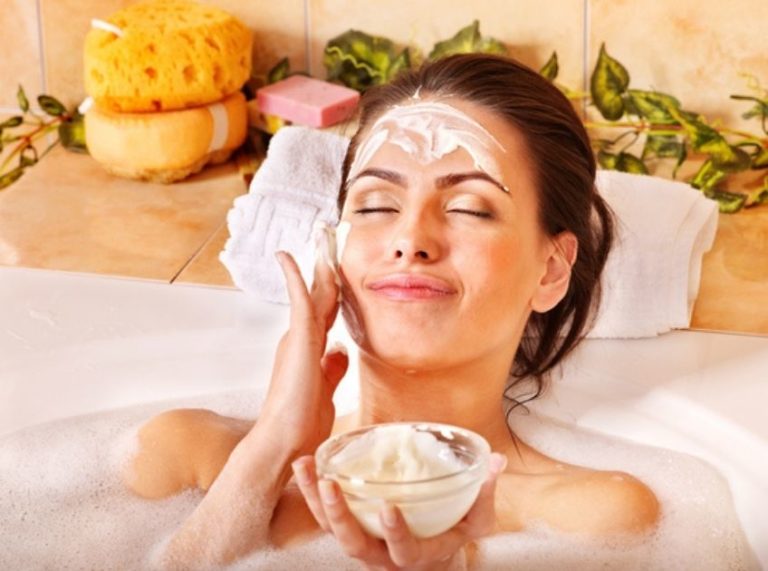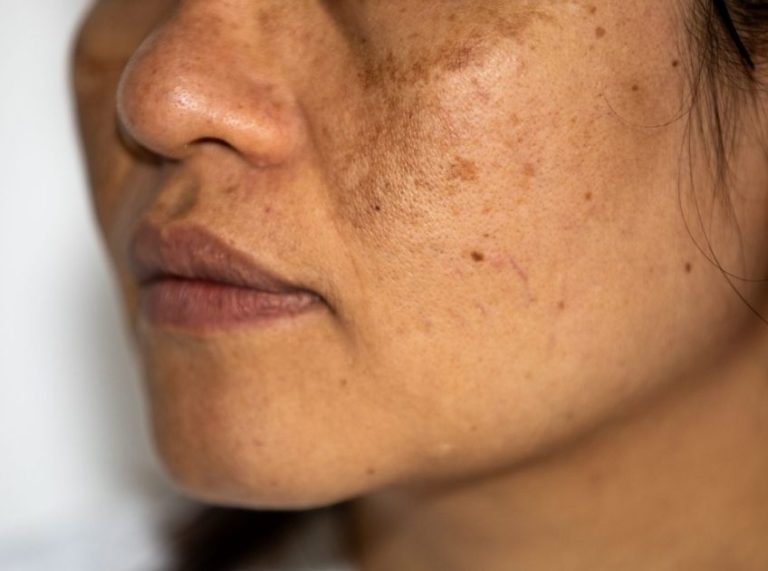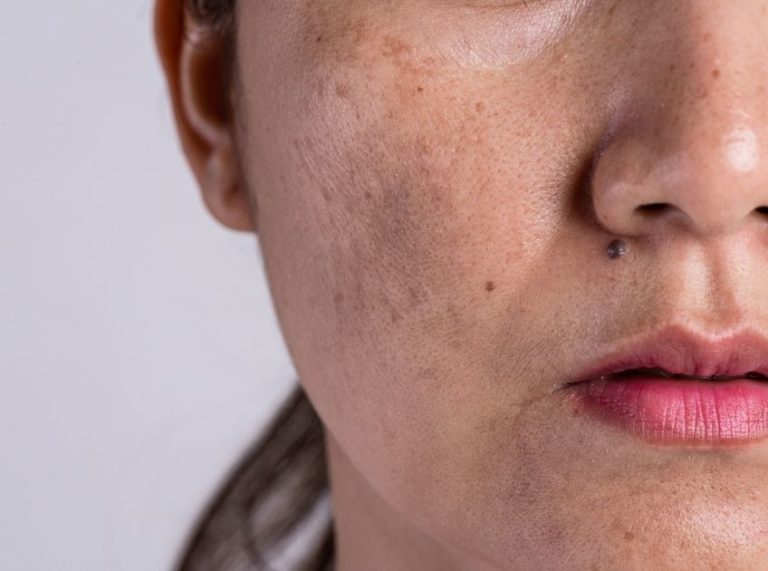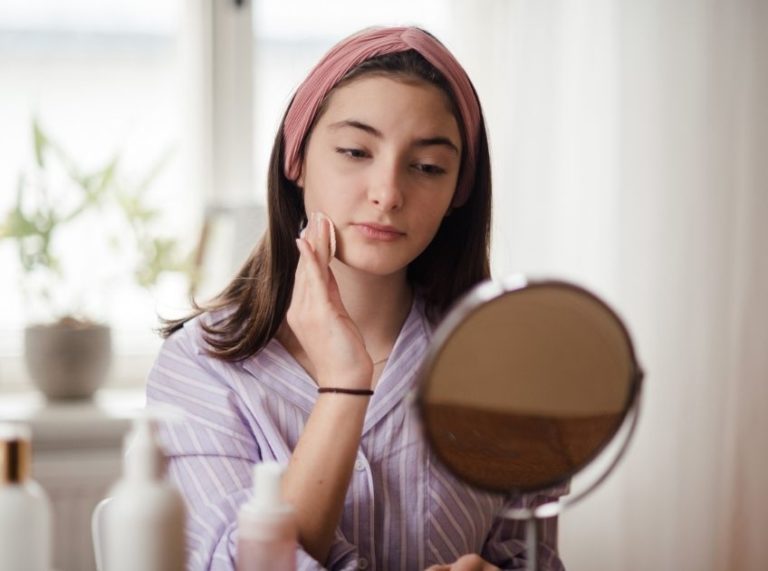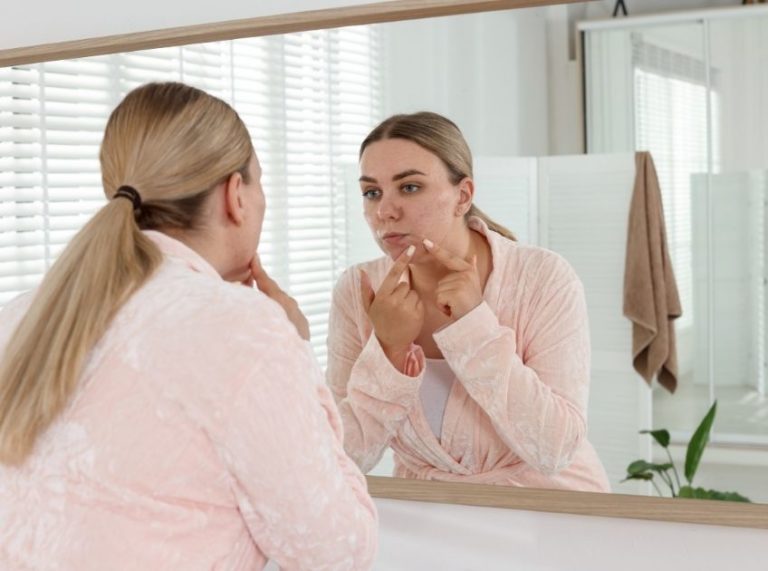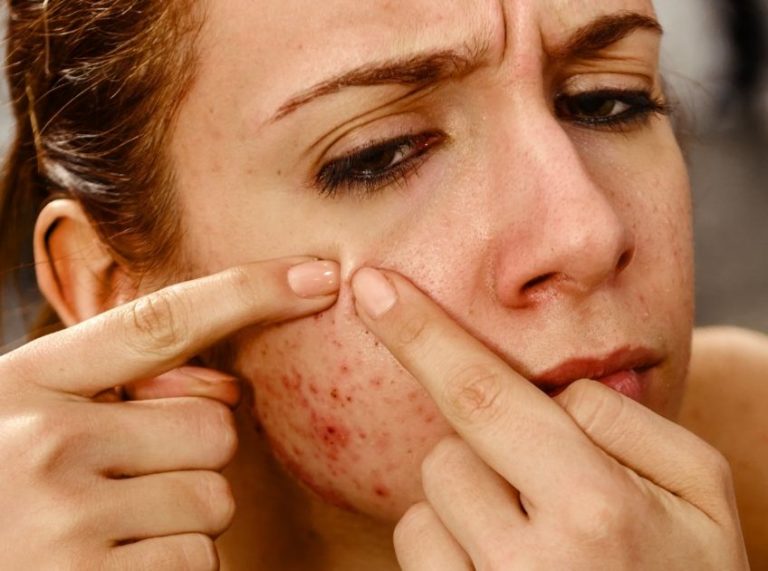
Important: This article is for informational purposes only. Please read our full disclaimer for more details.
Acne can be stubborn, frustrating, and sometimes worsened by commercial cleansers filled with sulfates, parabens, or alcohol. These harsh ingredients often strip away natural oils, triggering your skin to produce even more sebum—and leading to more breakouts. DIY acne face washes, on the other hand, use gentle, science-backed ingredients that fight bacteria, soothe inflammation, and restore balance to your skin barrier.
5 DIY Face Wash Recipes to Combat Acne Naturally
1. Aloe Vera & Tea Tree Face Wash (Best for Oily, Acne-Prone Skin)
Ingredients
- 2 tablespoons aloe vera gel
- 2–3 drops of tea tree essential oil
- 1 tablespoon rose water
How to Make & Use
- Mix aloe vera gel with rose water in a bowl.
- Add tea tree oil and stir well.
- Apply to damp skin, massage gently for 1–2 minutes, and rinse off.
Why It Works
- Aloe vera hydrates without clogging pores and calms redness.
- Tea tree oil has antimicrobial properties proven effective against acne-causing bacteria.
Pro Tips & Variations
- Store in the fridge for up to 5 days.
- Swap tea tree oil with lavender oil if your skin is sensitive.
2. Honey & Cinnamon Face Wash (Best for Inflammatory Acne)
Ingredients
- 1 tablespoon raw honey
- ½ teaspoon cinnamon powder
- 1 teaspoon warm water
How to Make & Use
- Mix honey and cinnamon with warm water to form a thin paste.
- Gently apply to your face, leave for 2 minutes, then rinse.
Why It Works
- Honey fights bacteria and moisturizes.
- Cinnamon has antimicrobial and anti-inflammatory effects, reducing pimple-causing bacteria.
Pro Tips & Variations
- Patch test first—cinnamon can be irritating on sensitive skin.
- Use only 2–3 times a week to avoid over-exfoliation.
3. Green Tea & Apple Cider Vinegar Wash (Best for Excess Sebum Control)
Ingredients
- 2 tablespoons brewed green tea (cooled)
- 1 teaspoon apple cider vinegar (diluted 1:3 with water)
- 1 teaspoon aloe vera gel
How to Make & Use
- Mix cooled green tea with diluted apple cider vinegar.
- Add aloe vera gel and blend into a light liquid cleanser.
- Apply with a cotton pad or splash onto your face, rinse after 1 minute.
Why It Works
- Green tea catechins regulate oil production.
- Apple cider vinegar helps balance skin pH and reduces bacterial growth.
- Aloe vera adds hydration and soothes irritation.
Pro Tips & Variations
- Use only once a day to avoid over-drying.
- Store in the fridge for 3 days maximum.
4. Gram Flour & Turmeric Wash (Best for Acne Scars & Brightening)
Ingredients
- 2 tablespoons gram flour (besan)
- ½ teaspoon turmeric powder
- 2 tablespoons yogurt or rose water
How to Make & Use
- Mix all ingredients into a smooth paste.
- Massage onto damp skin for 1–2 minutes.
- Rinse thoroughly with cool water.
Why It Works
- Gram flour absorbs oil and deeply cleanses pores.
- Turmeric contains curcumin, which has anti-inflammatory and scar-lightening effects.
- Yogurt provides lactic acid for gentle exfoliation.
Pro Tips & Variations
- Use 2–3 times a week as a cleanser and mild mask.
- Add a few drops of lemon juice for extra oil control (only if skin isn’t sensitive).
5. Oatmeal & Rose Water Wash (Best for Calming Irritated, Acne-Prone Skin)
Ingredients
- 2 tablespoons finely ground oatmeal
- 2 tablespoons rose water
- 1 teaspoon honey (optional)
How to Make & Use
- Combine oatmeal and rose water into a paste.
- Massage gently onto skin in circular motions.
- Rinse with lukewarm water.
Why It Works
- Oatmeal contains avenanthramides that soothe inflammation and redness.
- Rose water balances pH and refreshes.
- Honey enhances antibacterial protection.
Pro Tips & Variations
- Perfect for sensitive, acne-prone skin.
- It can double as a 5-minute calming mask.
The Science Behind These Acne-Fighting Ingredients
- Tea Tree Oil: Clinical studies show it reduces mild to moderate acne with fewer side effects compared to benzoyl peroxide (1).
- Green Tea Extract: Research proves its catechins lower sebum production and improve acne lesions (2).
- Honey: Documented for its antimicrobial and wound-healing benefits, making it effective in soothing breakouts (3).
- Turmeric: Contains curcumin, known for its anti-inflammatory and antioxidant actions, which help fade acne scars (4).
- Oatmeal: Approved by the FDA as a skin protectant due to its soothing, anti-inflammatory compounds (5).
Frequently Asked Questions (FAQ’S)
Q1. Can I replace my store-bought cleanser with DIY washes?
A. Yes, but if you have severe or cystic acne, it’s best to consult a dermatologist. DIY washes work well for mild acne and maintenance.
Q2. How often should I use these DIY cleansers?
A. 1–2 times daily for gentle recipes (like aloe or oatmeal). Stronger ones (like cinnamon or vinegar-based) should be limited to 2–3 times per week.
Q3. Will these DIY washes completely cure acne?
A. They can help manage symptoms by reducing oil, bacteria, and inflammation. However, acne can also be hormonal or genetic, which may require medical treatment.
Final Thoughts
DIY acne face washes are a natural, affordable way to manage breakouts without irritating your skin barrier. The key is consistency and choosing the right recipe for your skin type. With regular use, you can expect calmer, clearer skin that feels nourished rather than stripped. Remember—gentle care always wins over harsh treatments.
